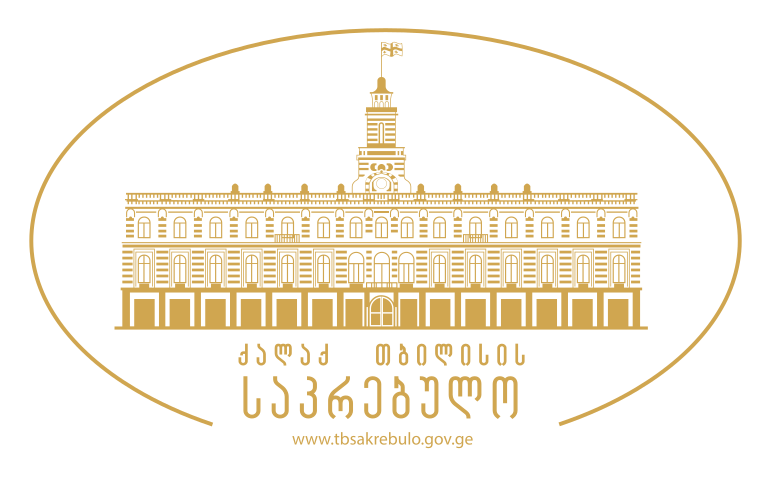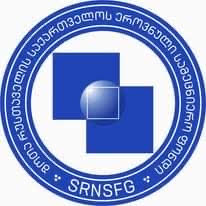030 - “West-East” Dichotomy and Russian Culture: Literary and Cultural Paradigms
Organized by: Georgian Comparative Literature Association. Prof. Tatiana Megrelishvili
English, Georgian
The “West-East” dichotomy - a concept that was developed in the 18th century in the European science as a representation of the fundamental difference between the West and the East (“Persian Letters” by S. Montesquieu), in modern global world has gone beyond its original comprehension. Russian scientific thought (A.N. Veselovsky, V.M. Zhirmunsky, N.I. Konrad, D. Dyurishina etc.) applied to the comparative study of literatures as the most important tool for determining national and artistic identity: being in touch with both European and Eastern cultural traditions, Russian literature has borrowed many elements of corresponding historiosophical and aesthetic models. Later, the noted conceptual provisions were consistently developed in the works of M. Bakhtin.
Currently, the study of mutual influence of Russian culture and cultures of the East and the West needs to be understood within the frames of the latest scientific categories.
Reports presented for the discussions are thematically focused on:
- “East-West”: dialogue of the cultures and Russian literature of the 19th century (approaches to the study of forms and consistent patterns of evolution of interliterary discourse);
- Reception and interpretation in a foreign cultural environment of works of Russian fiction, stage and cinematographic productions;
- Typological similarities and differences of Russian literature with synchronous processes that took place earlier and are observed today in Western European and Eastern literatures;
- Russian literature in the intercultural space: text, context, intertext;
Translation, as a form of dialogue of cultures and manifestation national cultural/linguistic consciousness.
The Project was supported by Shota Rustaveli National Science Foundation of Georgia (SRNSFG) [grant number MG-ISE-22-170]


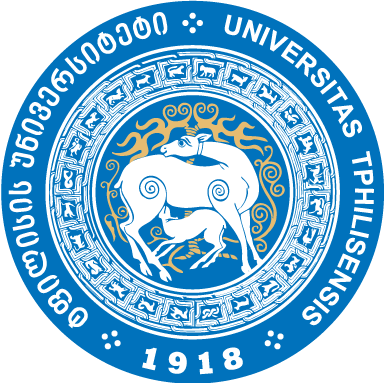

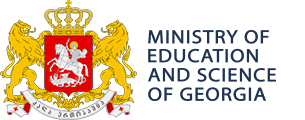
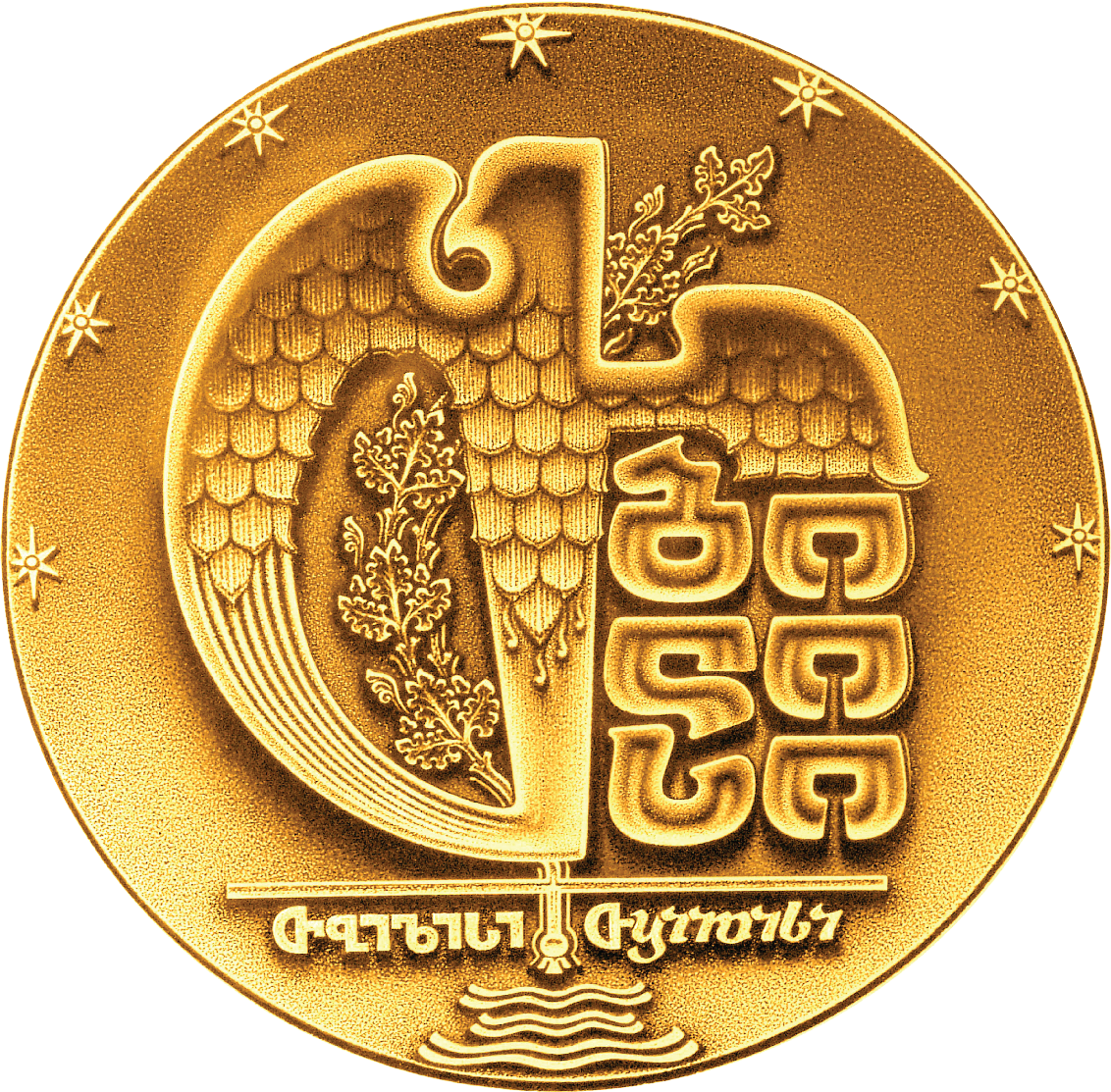

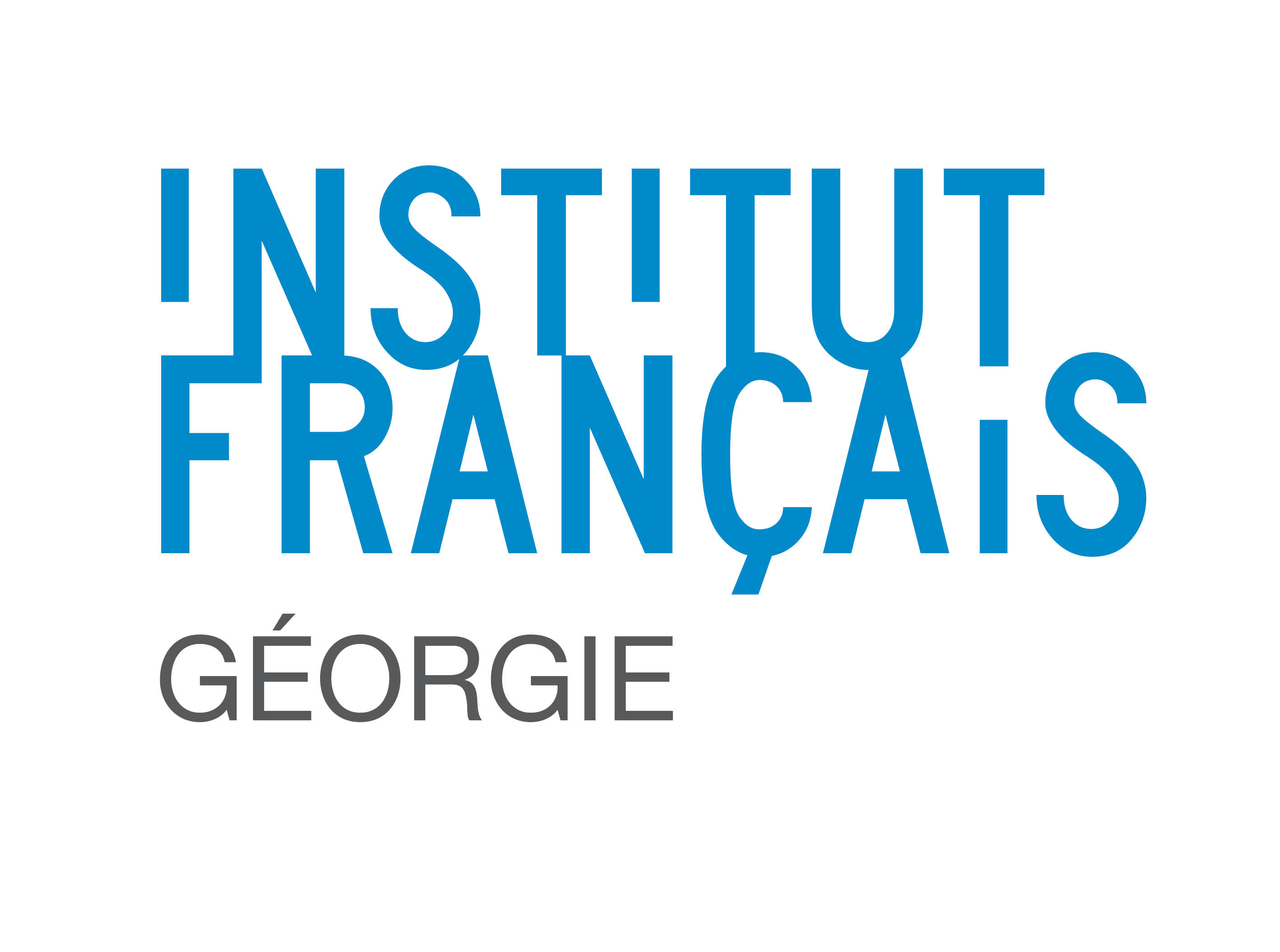


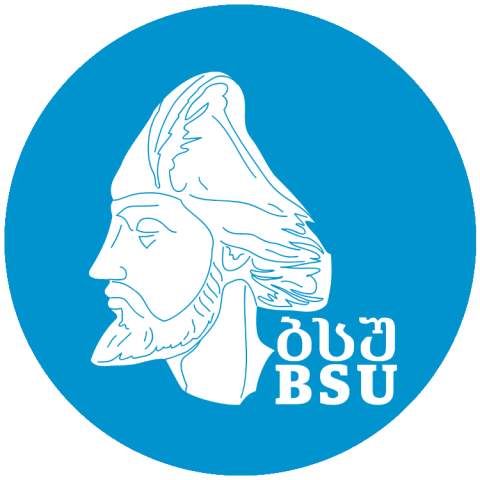

_001.png)

